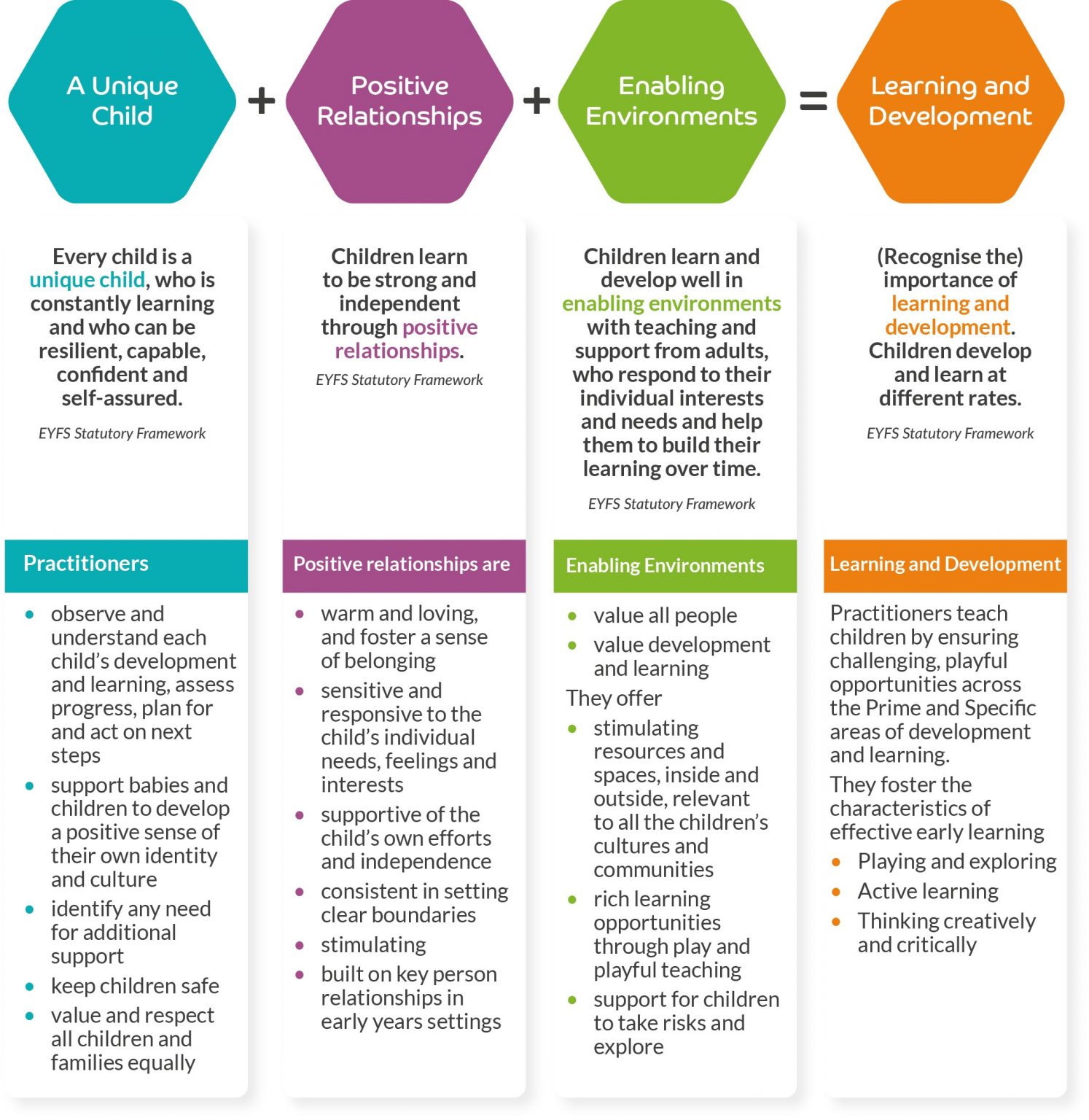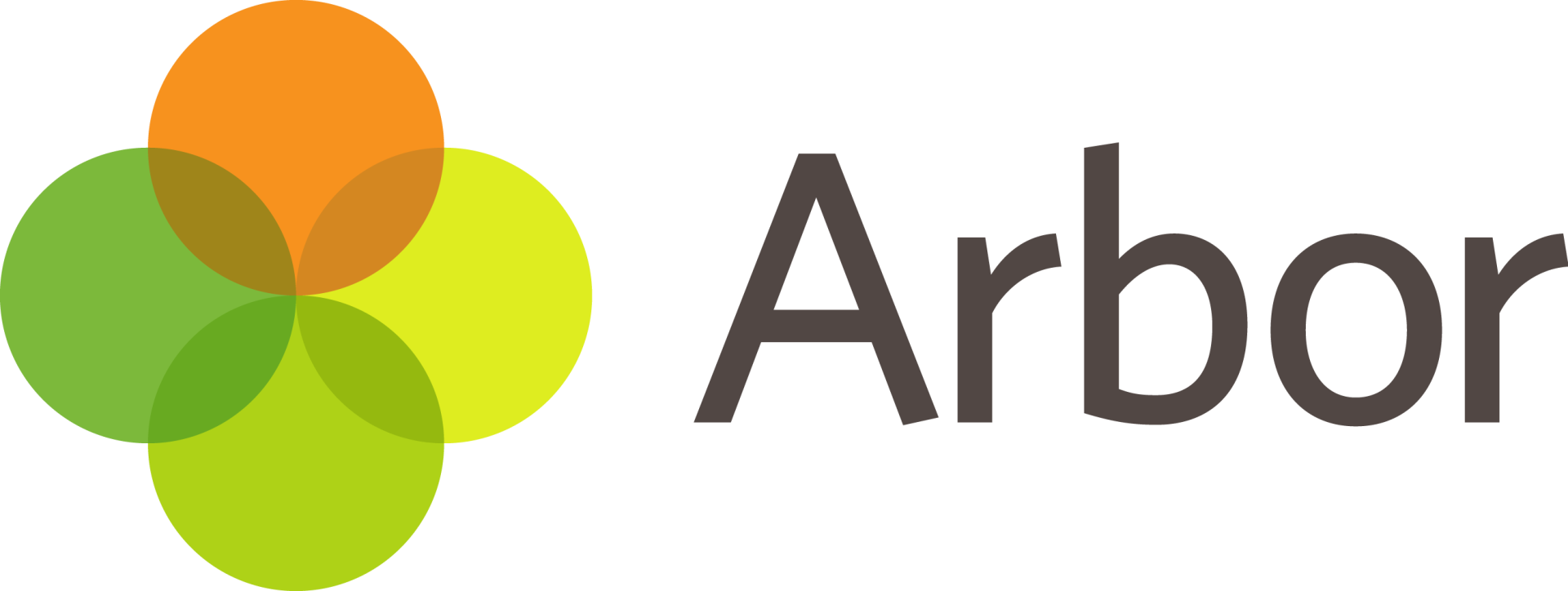Early Years Foundation Stage (EYFS)
Within EYFS, we embark on a play-based curriculum offering a mix of child-initiated and adult-led learning opportunities – but always taking into account the interests and needs of the children.
The curriculum across the EYFS is based on the principles of Development Matters.
Learning and Development
- Some elements of Maths and English skills are taught discretely. The majority of learning is developed through a play-based, child-led curriculum. Play provides opportunities for children to experience learning in a meaningful and purposeful way, allowing them to develop the skills needed to become effective learners.
- The inclusion of the basic skills of reading, writing and mathematics as integral to both direct and child-initiated learning, gives children the opportunity to develop and use these skills on a daily basis in addition to the planned focussed English and Maths teaching. The integrity of these skills ensures they are viewed by the children as relevant to their lives, with meaning and purpose.
- Number Talk is used to develop children’s ability to articulate their thinking and reasoning skills – children are introduced to ‘Build, Challenge, Agree’ as they move through their Reception year.
- Phonics is taught through using the ‘Sounds-Write’ © programme.
- Our children enjoy learning and are active the whole time. They are totally involved in their learning as they have choice about the activity they want to focus on and have influence and discussion about activities and resources that could go into enhancing the different areas of continuous provision.
- Teachers use formative assessment to monitor progress within the Early Years Framework. Assessments are in the form of observations of learning as it happens and are evidenced in each child’s Seesaw Learning Journal with assessments tracked on Insight.
- Assessments inform the focus for provision and next steps in learning.
- Environments are planned and adapted to reflect children’s needs.
- Reviewing of learning with the children plays an important role in developing good thinking habits and independent learners.
- Ensuring opportunities for children to develop creative and critical thinking is a key element of provision and will enable children to foster good learning attitudes that will build the foundations for the rest of their journey through education.

A Unique Child
All adults working with children within the setting will observe a child’s development and learning. This is evidenced in each child’s Seesaw Online Learning Journal.
The ways in which a child interacts and engages with their environment, peers and supporting adults – playing and exploring, active learning and creating and thinking critically – underpin all teaching and learning opportunities with the ultimate aim of creating motivated and curious learners.
The transition into Primary education can be a big step and families are supported through this process in a number of ways throughout the summer term and into their first term at school.
Throughout a child’s time in EYFS, home/school relationships play a crucial part in a child’s learning. Insight and Seesaw are used as tools for sharing a child’s learning in school as well as allowing families to share achievements from home.
PSHE activities, such as the Jigsaw Scheme, are used to support the development of strong relationships between children and their peers as well as helping children to develop trusting relationships with the adults who care for them in school.
Enabling Environments
“We need to think about the learning environment as a pedagogical space not simply somewhere that learning happens randomly.”
Elizabeth Jarman
- The classroom environment is organised to enable children to access a wide range of resources independently during their play; this is called ‘continuous provision’ – the continuous provision allows children’s learning to continue when they are working without an adult’s support.
- The adults within the setting continually observe children’s interests and learning behaviours. They use this knowledge to add enhancements and provocations to the continuous provision; creating ‘enhanced provision’.
- Each day, children have extended periods of time where they can follow their own agenda with free-flow – playing, exploring and learning through a carefully resourced and planned learning environment; inside and out.



